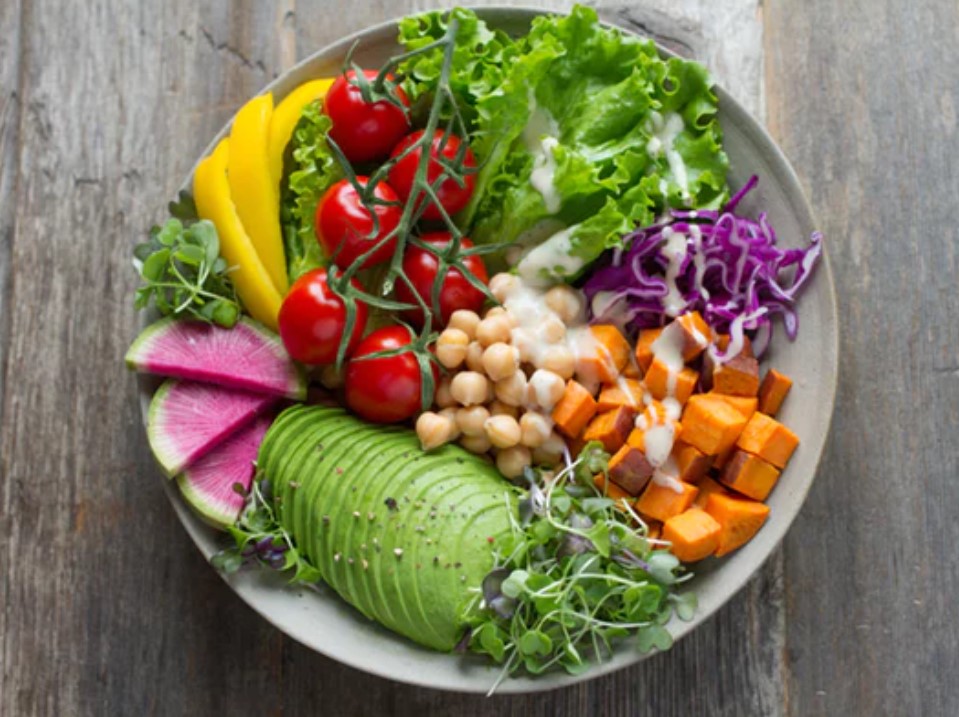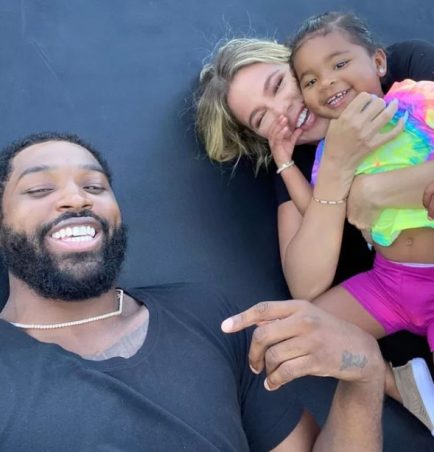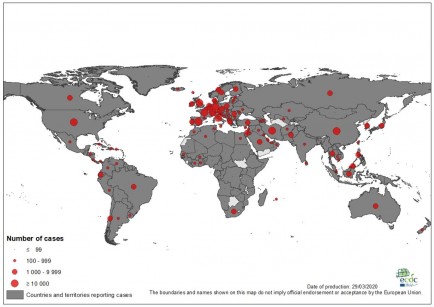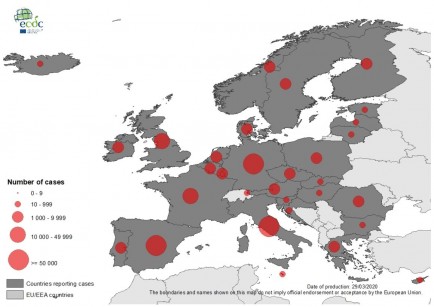Low blood pressure is officially known as hypotension. (High blood pressure is hypertension.) The condition is diagnosed when blood pressure levels linger under 90/60 mm Hg and cause troubling symptoms including dizziness, fainting, weakness, confusion, blurry vision, and nausea with or without vomiting. In the worst low blood pressure episodes you may experience shock, which can be life threatening. Seek treatment right away if you experience cold and clammy skin along with rapid pulse and shallow breathing.
There are many potential causes of hypotension, such as dehydration, stress, pregnancy, heart disease, thyroid or endocrine conditions, infection, and allergic reaction. Your doctor may or may not prescribe medication to help manage your hypotension, but he or she will definitely recommend some dietary changes that can help keep your blood pressure at a safe level. Following are the best things to consume if you have hypotension.
Fluids and more fluids
When your body gets dehydrated, it also decreases in overall blood volume. That leads to a drop in blood pressure. Pay special attention to hydration during exercise, but know that things like running a fever and taking certain medications can also cause dehydration. A long standing rule of thumb is to drink eight 8 oz glasses of water per day, but modern advice says that your body is really good at telling you when it’s thirsty, and you don’t need to drink more than you crave. Just be sure not to ignore your thirst. If you’re concerned about hypotension, tracking your intake can be reassuring.
Foods high in vitamin B-12
A deficiency in vitamin B-12 is a risk factor for anemia, which can result in low blood pressure. This water-soluble vitamin is crucial to the production of red blood cells and plays a role in neurological functioning and DNA, too. Blood pressure is an integral part of these processes. To get more B-12 in your diet, eat foods like eggs, beef, and fortified cereals. Be vigilant about how much you get, though, because too much B-12 can strip your body of calcium and actually push your blood pressure dangerously high.
Foods high in folate
Folate is another B vitamin, in this case, B-9. It is crucial in periods of rapid growth, especially pregnancy. Too little folate has the same effect as a deficiency in B-12, if the lack plays into the development of anemia. Folate or folic acid is found in sources like asparagus, garbanzo beans, citrus fruits, broccoli, and liver. If your doctor finds that you are low in this critical nutrient, he or she may recommend a supplement.
Salt
Good news – while almost any other health condition will require limiting salt intake, with hypotension, this less of a concern. Sure, you don’t want to start gorging on potato chips and fast food to get your blood pressure up, because your weight will go right along with it. However, since salty foods can increase blood pressure, it’s okay to indulge sometimes. Good choices include canned soup, smoked fish, roasted nuts, hummus, cottage cheese, and olives.
Licorice tea
If you can stand the taste of it – people seem to either love it or hate it – licorice tea is thought to suppress the effects of aldoterone, which is a hormone that regulates the way the body handles salt. If you hope to raise your blood pressure with licorice tea, aim for 30 grams or more per day over a period of four weeks and then get tested to see if you’ve moved the needle. Licorice in any form is not recommended for people with high blood pressure, but if yours is low, it’ll take a lot to push it to a dangerously high level.
Caffeine
Caffeine is a stimulant that can temporarily boost your blood pressure, though medical professionals aren’t entirely sure how. One idea is that it narrows arteries by blocking a certain hormone. Others think that caffeine causes the body to release more adrenaline, which also raises blood pressure. In any case, the effects are strongest in people who don’t regularly consume caffeine, so you may want to reduce your overall caffeine intake in order to have it as a tool for managing blood pressure crashes.
Other dietary changes
- More than just what you eat, how you eat can affect your blood pressure. For example
- Large meals cause your body to work hard to digest them, and may lead to troubling drops in blood pressure. Eat smaller meals more frequently to prevent this.
- Meals that are especially high in carbs hit the body fast and get digested quickly, leading to a crash that may include low blood pressure. Stick to whole grains instead of refined and processed carbs for things like bread, crackers, and cereal.
Limit alcohol as it leads to dehydration, which is horrible for blood pressure.
Simple lifestyle changes
- Because you want to avoid dehydration at all costs, don’t exercise outdoors during the hottest days of summer, and avoid too much time in hot tubs and saunas.
- Changing body position rapidly can also cause a temporary dip in blood pressure. When you need to stand up, bend down, or roll over, do it slowly.
- Avoid prolonged periods in bed or lying down. Even if you’re ill, get up and move around a bit at least once every hour during the day.
- Compression socks help to move blood throughout the body by keeping it from pooling in the legs, which is why they are often recommended when people are laid up in the hospital. They can be helpful during sedentary days at work, too.
Always ask your doctor for specific recommendations regarding diet and lifestyle. Increasing intake of certain foods while limiting others can do a lot to regulate blood pressure, but be careful of automatically nixing all foods that are known to raise blood pressure, because you could end up deficient in vital nutrients if your diet becomes too unbalanced. Be sure to get regular blood pressure tests to help hone in on the perfect personal strategy to regulate and control your hypotension.
Original article: http://www.manukafeed.com/best-foods-for-those-with-low-blood-pressure/5/































Comments